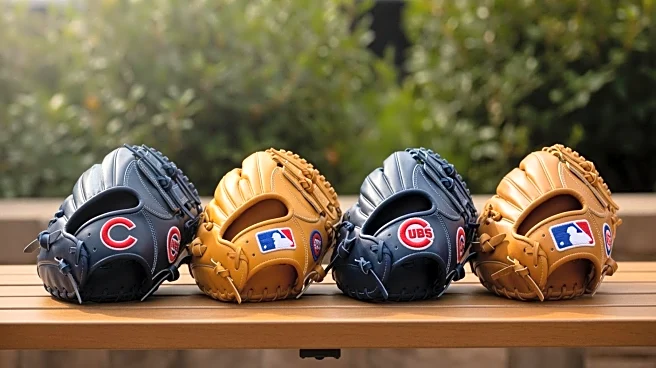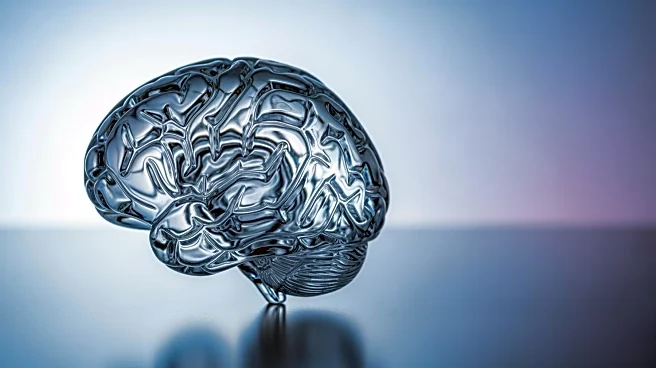What's Happening?
The Chicago Cubs have concluded their 2025 season, marked by a strong team chemistry that players and leaders within the organization have described as special. Despite not achieving their ultimate goal of winning the World Series, the Cubs won 92 games
and advanced in the playoffs for the first time since 2017. Key figures such as Cubs manager Craig Counsell and president of baseball operations Jed Hoyer have emphasized the team's unity and the emotional bonds formed throughout the season. The team's trip to Japan for the Tokyo Series was highlighted as a significant factor in fostering this camaraderie. Players like Dansby Swanson and Ian Happ have expressed the deep connections formed within the team, which made the season's end particularly poignant.
Why It's Important?
The strong team chemistry within the Cubs is significant as it highlights the importance of interpersonal relationships in achieving success in sports. This cohesion not only contributed to their performance on the field but also fostered a supportive environment that players valued. The emphasis on team unity could serve as a model for other sports teams aiming to enhance their performance through improved internal dynamics. Additionally, the Cubs' experience underscores the potential impact of team-building activities, such as international trips, in strengthening bonds among players.
What's Next?
Looking ahead to the 2026 season, the Cubs face the challenge of replicating the chemistry that defined their 2025 campaign. With changes in personnel and circumstances inevitable, maintaining consistency in coaching staff and core players will be crucial. The team plans to focus on building relationships from the first day of spring training, aiming to preserve the positive dynamics that characterized the previous season. The Cubs' leadership is committed to fostering an environment where players can connect and grow together, ensuring that the team remains competitive in the future.















